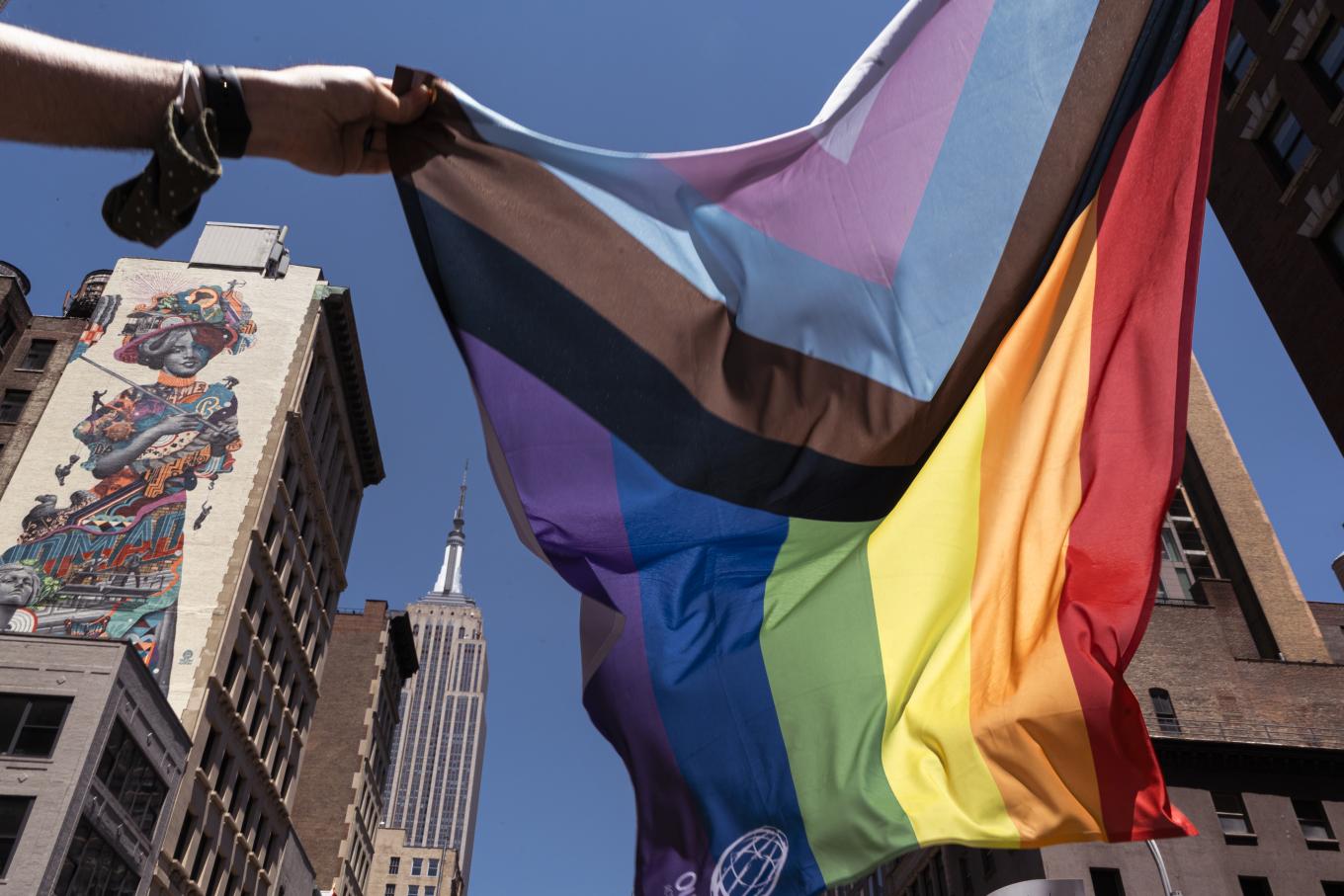
Country Overview
Suriname
At a glance
View more for this country:
The Constitution of the Republic of Suriname offers LGBTIQ people some protection against discrimination. Article 8 prohibits discrimination based on birth, sex, race, language, religion, education, political opinion, economic position, or any other status. The government has argued that inclusion of “any other status” is understood to extend to sexual orientation and gender identity. Same-sex intercourse is not criminalized, and the Penal Code protects against hate speech. Despite the state’s efforts to increase tolerance toward LGBTIQ people in Suriname, LGBTIQ people continue to experience violence, discrimination, harassment, and public hostility.
The law on legal gender recognition has advanced by virtue of a recent court decision concerning a transgender person who had undergone gender-affirming surgery and was living her life as a woman for approximately ten years. In January 2022, Suriname’s appeals court ordered the registration of a gender change on the birth register, notwithstanding the lack of legislation allowing for legal gender recognition. The Court emphasized that fundamental human rights, in particular protection from discrimination and respect for the right to private life as provided for under international human rights treaties and the Surinamese Constitution, extend to transgender persons. Where a local law or gap in the law conflicts with one of these fundamental human rights, the local law must be declared unlawful, and the protection of fundamental rights prevails. The court decided that it follows that the affected person was entitled to legal gender recognition and to gender reassignment. The court rejected the state’s argument that legal gender recognition must be arrived at via a legislative process and further stressed that the state cannot continue to invoke the absence of legislation if it does not take any initiatives to that effect itself.
In 2022, the Equal Treatment in Employment Act was passed, banning discrimination on the basis of sexual orientation and gender identity in the workplace. In 2024, the Suriname National Assembly made history by voting to include sexual orientation and gender identity as categories in the national census. Suriname was one of the first countries in the region to do so. Activists celebrated the step as an opportunity for evidence-based inclusion in government policy.
Social perceptions of LGBTIQ people are somewhat positive. According to a 2017 study, 83 percent of people in Suriname accept or tolerate “homosexual” people. However, in practice, many barriers remain that hinder social and political inclusion and meaningful implementation of inclusive policies.
*Outright research indicates that the bodily autonomy of intersex people is not respected and protected in this country.
Global Impact
Sub-Saharan Africa
Outright supports LGBTIQ organizations in Sub-Saharan Africa and works with mainstream human rights organizations to respect human rights and influence positive changes in laws, policies, attitudes and beliefs that cause discrimination against LGBTIQ people.
United Nations
Our work at the United Nations centers around advocating for the advancement of the rights of LGBTIQ people.
View this regionAsia
Our work in Asia promotes acceptance of sexual and gender diversity at all levels of society.
View this regionSouthwest Asia and North Africa
In the Southwest Asia and North Africa, we partner with local groups in various countries as part of our international solidarity work. We also work with our local partners on different topics through capacity building, advocacy, research and holistic security.
Europe and Central Asia
Outright International partners with activists to fight for an end to human rights violations based on sexual orientation, gender identity and gender expression in Europe and Central Asia, where most of our work involves emergency responses to harassment, discrimination, violence, and most recently, Russia’s brutal and expanded invasion of Ukraine.
Americas
Our work in the Americas continues to build on the fundamental and positive transformation of human rights protections in recent years. We partner with groups in the Caribbean that focus on ending gender-based violence and eradicating discrimination against trans people.
Pacific
Our work in the Pacific aims to increase the visibility of activists, respond to human rights emergencies, and actively bridge local, regional, and international activism to achieve equality and justice.
Global
View this region
Human Rights Research
Since 1990, we have partnered with activists from all over the world to produce hundreds of groundbreaking reports.
Read Our Reports